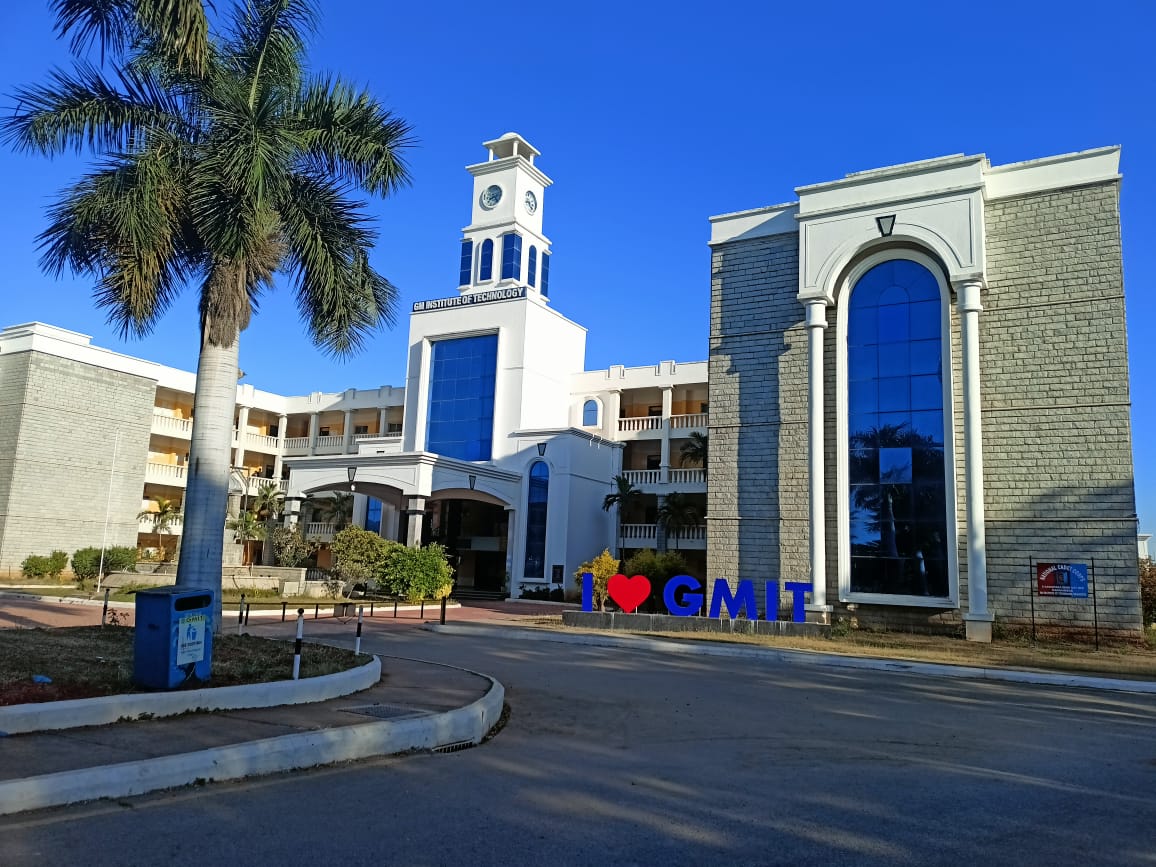About the department
The Department of Physics was established in the year 2001. With a continuous infrastructure development, today the department is equipped with a well established Engineering Physics Laboratory with a spacious working area, consisting a dark room Laboratory, HOD’s Cabin, Staff room.
The Department has strived hard since its inception, in systematizing and upgrading the standards of teaching Physics to Engineering students.
The department has well qualified, dedicated and self motivated faculty members and the technical/supporting staff.
The Department has been getting excellent results both in theory and practical examinations.
The staff members interact with students and involve themselves in the welfare of the students to ensure good academic performance.
The Department of Physics is actively involved in the Research.
The faculty’s research is involved in the area of molecular spectroscopy, crystallography, nanocomposites, liquid crystals-nanostructure composites, materials science, Nanoferrites, Conducting polymers, Composite materials, Magnetic materials, Metal Oxides for electrical and magnetic studies, etc.
The research group has published more than 30 papers in international/national journals and about 50 international/national conferences.
Theory Course Outcomes
CO1. Understand various types of oscillations and their implications, the role of Shock waves in various fields and Recognize the elastic properties of materials for engineering applications.
CO2. Realize the interrelation between time varying electric field and magnetic field, the transverse nature of the EM waves and their role in optical fiber communication.
CO3. Compute Eigen values, Eigen functions, momentum of Atomic and subatomic particles using Time independent 1-D Schrodinger’s wave equation.
CO4. Apprehend theoretical background of laser, construction and working of different types of laser and its applications in different fields.
CO5. Understand various electrical and thermal properties of materials like conductors, semiconductors and dielectrics using different theoretical models.
Practical Course Outcomes
CO1. Apprehend the concepts of interference of light, diffraction of light, Fermi energy and magnetic effect of current.
CO2. Understand the principles of operations of optical fibers and semiconductor devices such as Photodiode, and NPN transistor using simple circuits.
CO3. Determine elastic moduli and moment of inertia of given materials with the help of suggested procedures.
CO4. Recognize the resonance concept and its practical applications.
CO5. Understand the importance of measurement procedure, honest recording and representing the data, reproduction of final results.
Department Staff


